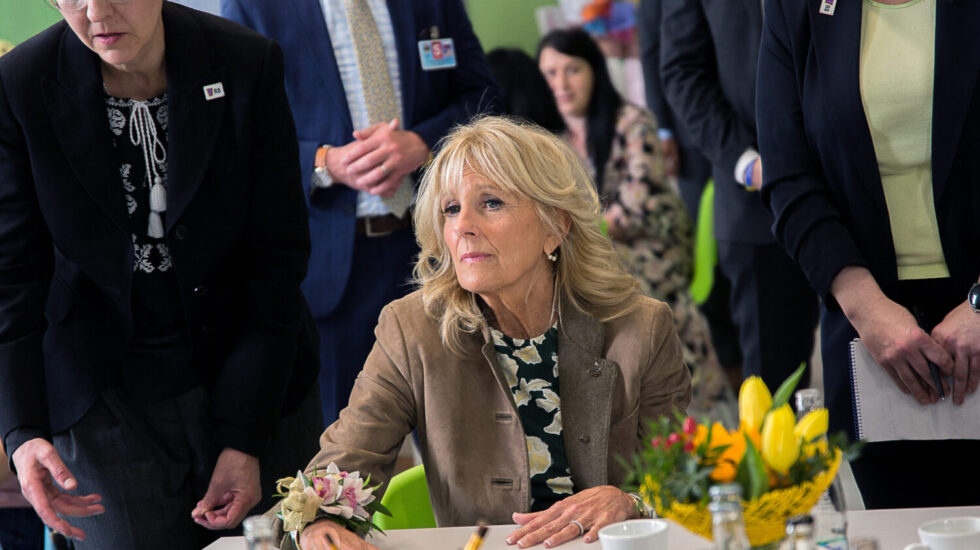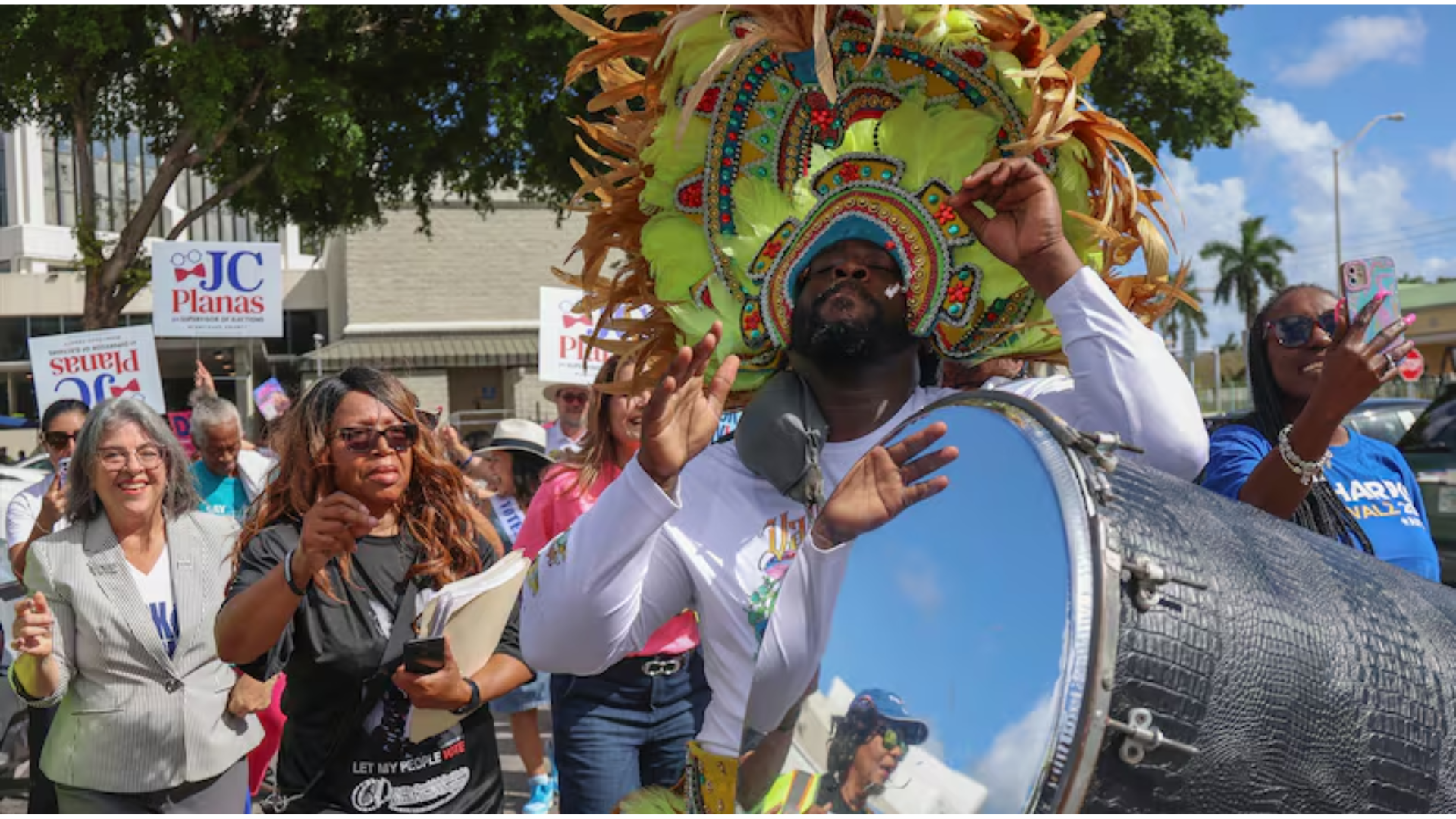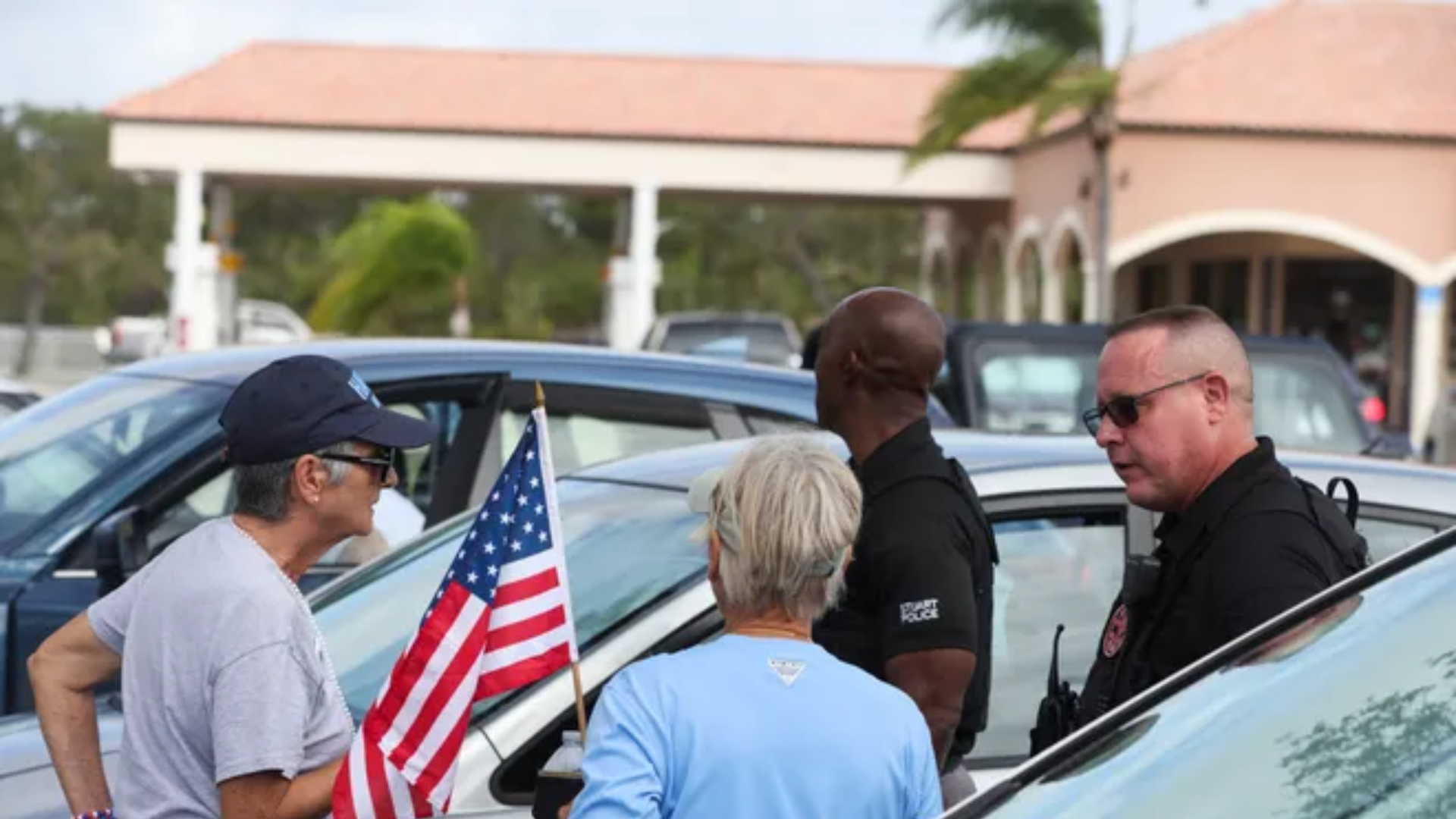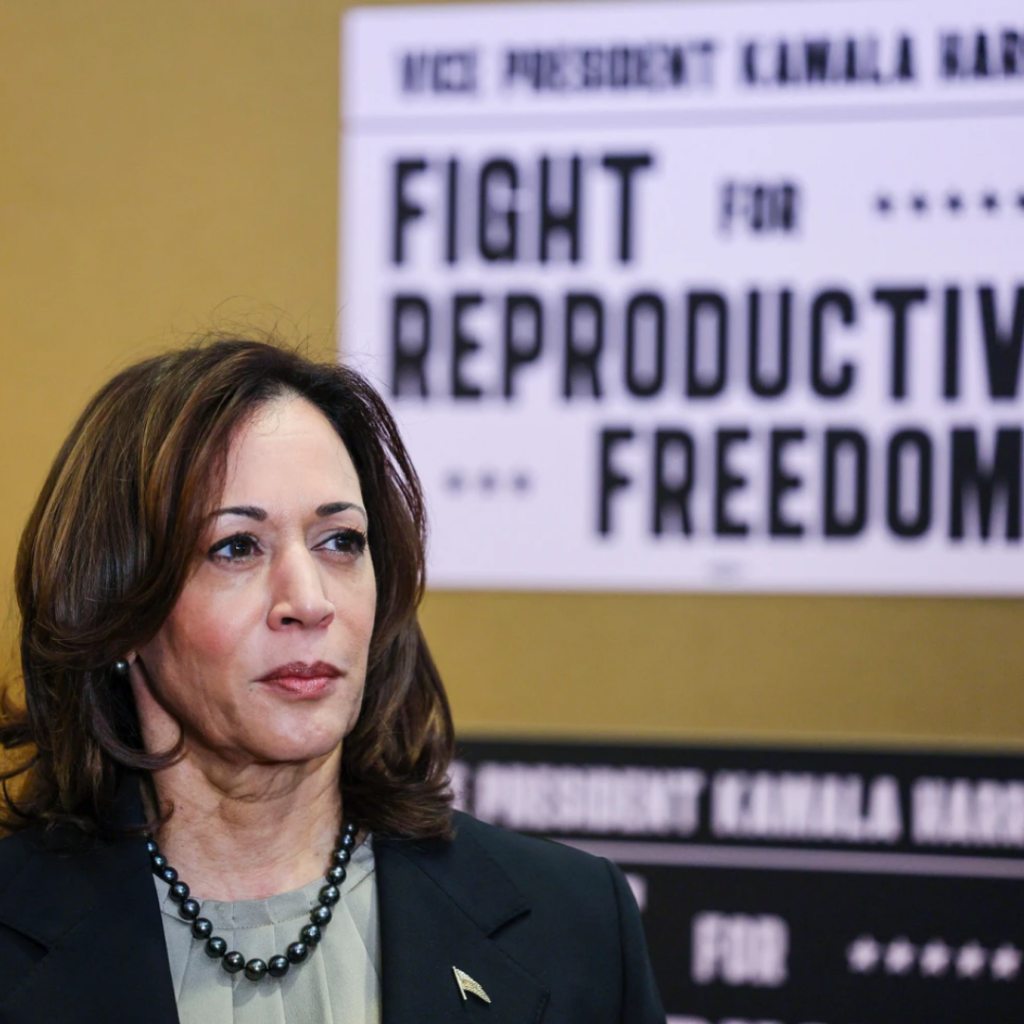
In the 2024 elections, voters in 10 states will decide on 11 ballot initiatives related to abortion rights, marking a significant chapter in reproductive rights post-Dobbs. Following the Supreme Court’s 2022 decision in Dobbs v. Jackson Women’s Health Organization, which overturned Roe v. Wade, states have been left with varying abortion laws. While some of these initiatives aim to restore pre-Dobbs protections, others seek to expand access further.
Many of the 2024 initiatives echo Roe’s framework, with Arizona, Florida, Missouri, Montana, and Nevada proposing to enshrine abortion rights up to “fetal viability,” around 24 weeks. Yet, some advocates argue that restoring Roe alone may not be enough, as even pre-Dobbs, some women struggled to access abortion due to restrictive state laws.
Polling shows that most Americans support abortion access in early pregnancy, with support declining in later stages. A 2023 poll indicated that while 76% support abortion access within the first six weeks, only 30% support it up to 24 weeks.
Still, public opinion has shifted slightly, with a growing number supporting unrestricted abortion access in cases of health or medical need. For instance, initiatives in Maryland and Colorado propose broader protections without referencing fetal viability, a stance that resonates with many Americans wary of government interference in healthcare decisions.
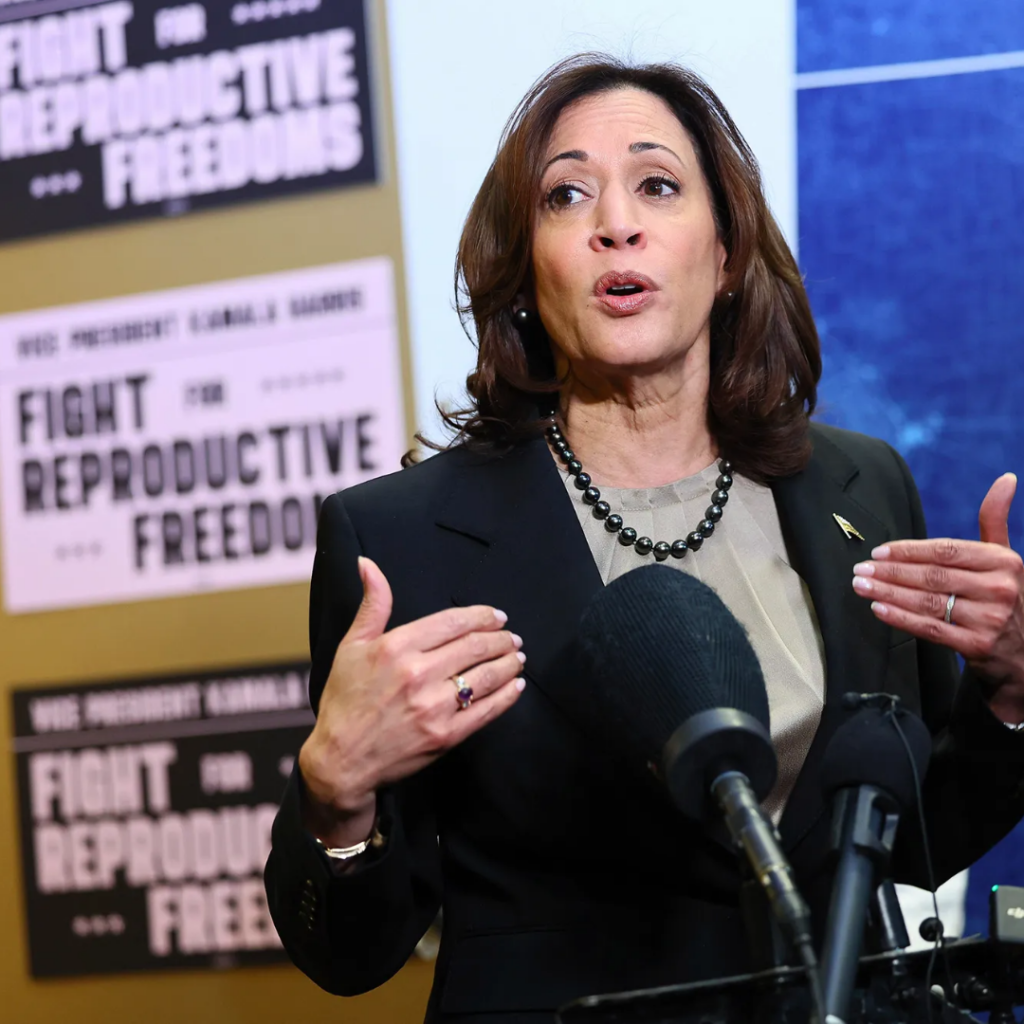
According to recent surveys, Americans increasingly favor leaving abortion decisions to individuals and doctors. One survey revealed that 63% of respondents, even some who generally oppose abortion, support keeping the government out of abortion decisions entirely. This shift is reflected in ballot measures that focus on individual choice over specific gestational limits, appealing to voters who prioritize personal freedoms.
Vice President Kamala Harris has made abortion rights central to her campaign, advocating for federal legislation to restore protections lost in Dobbs. Harris has even suggested removing the Senate filibuster to allow Congress to codify abortion rights, emphasizing that reproductive decisions should remain private.
Harris’s stance aligns with Democrats focused on restoring Roe’s protections, although her proposals do not go as far as some state measures, which remove viability limits altogether.
Harris’s approach underscores privacy and personal freedom, a message that resonates with many voters, especially Democrats. However, her proposal has drawn mixed reactions, as some advocates argue more robust protections are necessary. Harris’s position aims to appeal to moderates while assuring her base that protecting reproductive rights remains a priority.
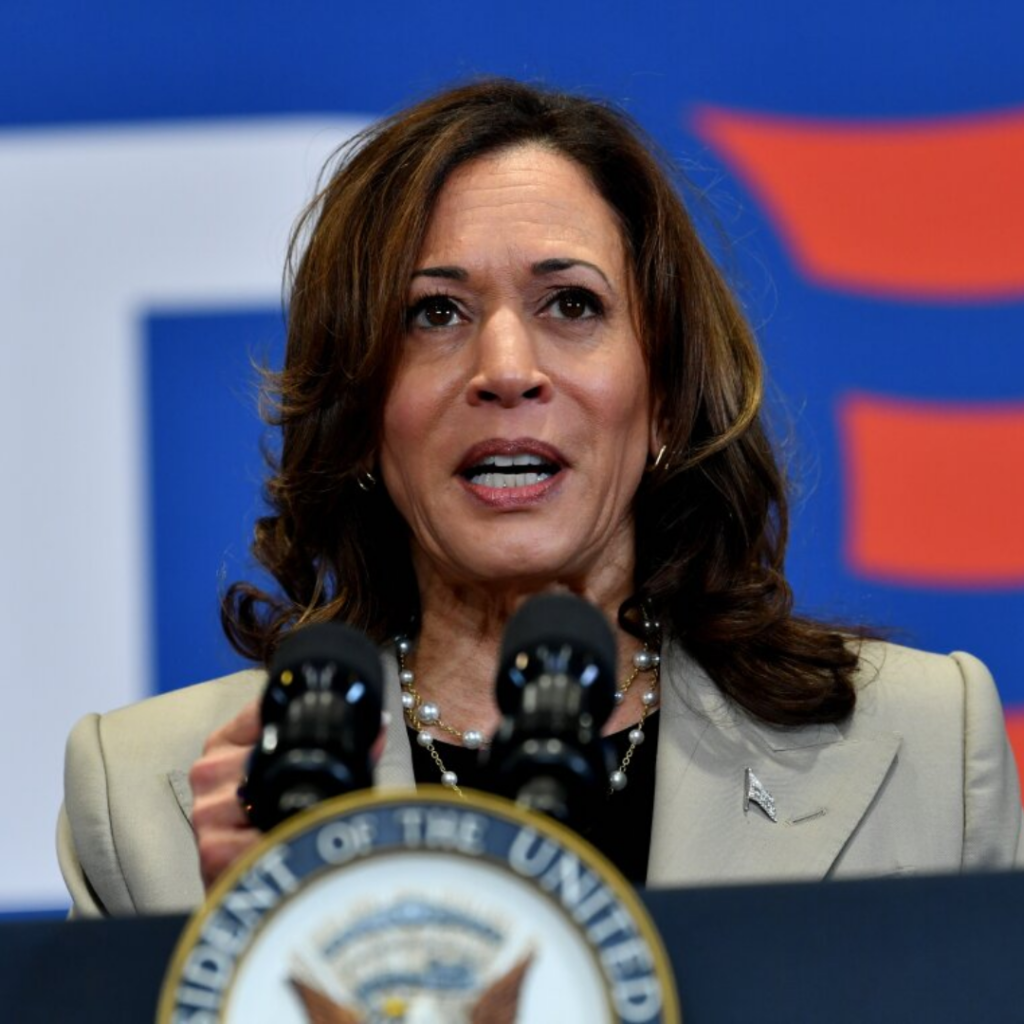
Abortion rights are expected to be a pivotal issue in the 2024 elections. The ballot initiatives could energize Democratic voters, particularly women who were motivated after the Dobbs decision. If these measures succeed, Democrats may prioritize further reproductive health protections. However, they also face challenges, as public opinion varies on extending abortion rights beyond viability.
Some advocates remain cautious, aiming to balance voter education on reproductive health while countering misinformation. Former President Donald Trump, for instance, falsely claimed that some states allow “abortions after birth,” a distortion that resonates among his supporters.
As 2024 approaches, the future of abortion rights will play a significant role in shaping both local and national policies. If Democrats gain momentum from these ballot measures, they may pursue further protections for reproductive rights. However, navigating public opinion and setting boundaries on these protections will remain a crucial challenge.
